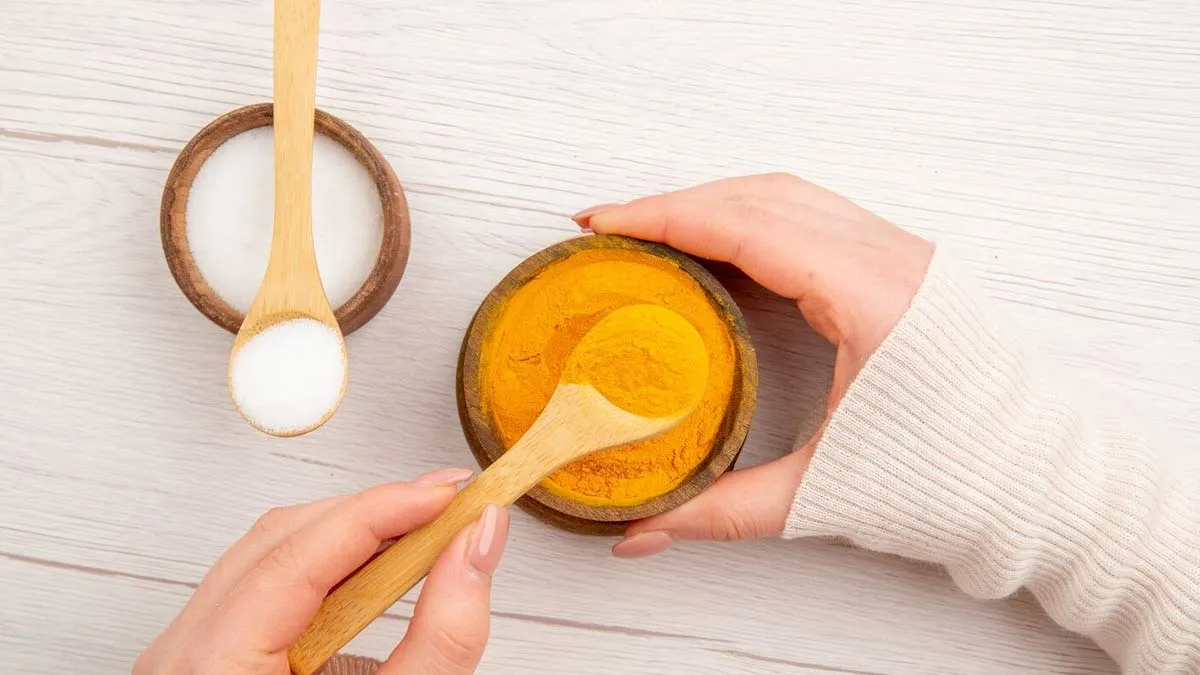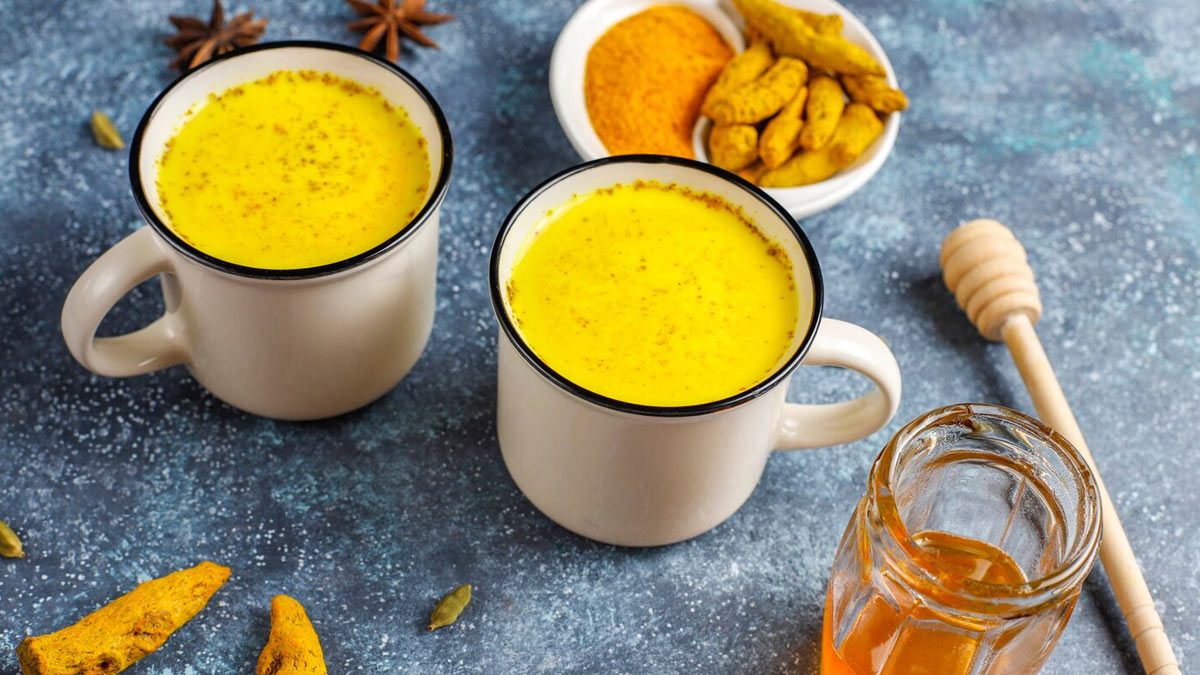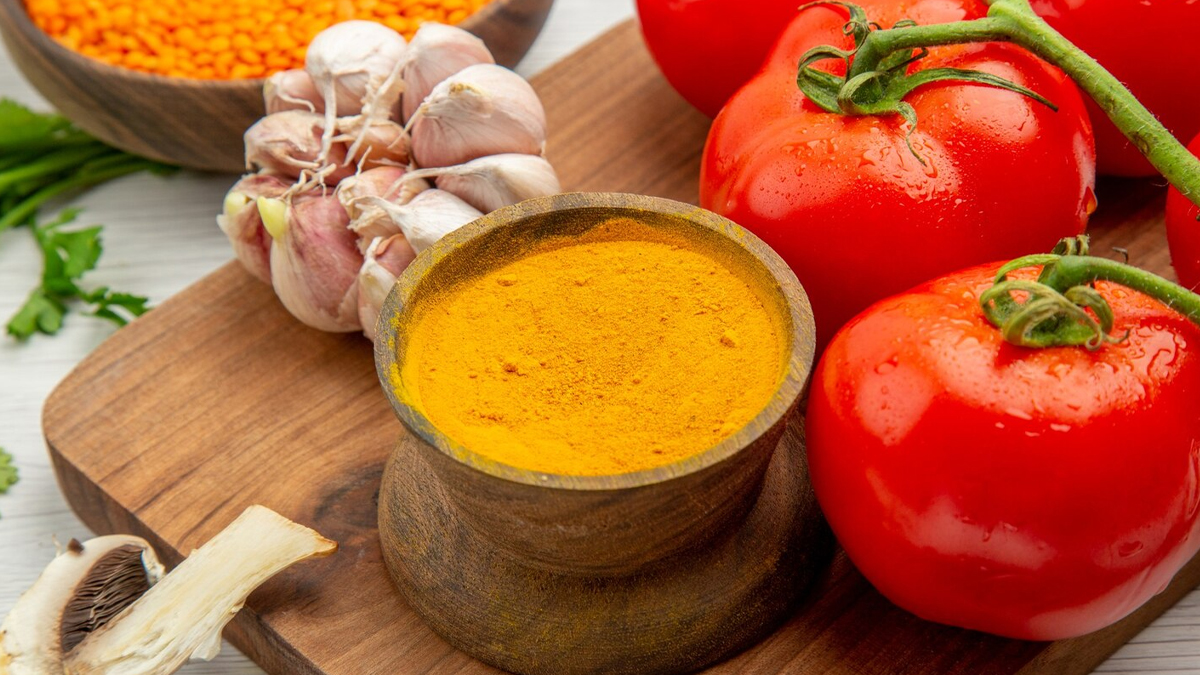
Turmeric is a valuable spice that is used in Indian cooking and Ayurvedic medicine. In recent times, it is gaining attention for its potential heart-health benefits, including effects on blood pressure. Rich in curcumin, a compound known for its anti-inflammatory and antioxidant properties, turmeric may help relax blood vessels, improve blood flow, and reduce factors that contribute to hypertension.
Table of Content:-
In an interaction with the OnlyMyHealth team, Dr Arvind Das, Principal Director and HOD - Cardiology, Max Hospital, Gurugram, sheds light on turmeric's role in maintaining healthy blood pressure levels.
Also Read: National Nutrition Week 2025: 6 Best Drinks and Juices for Clear Skin
Turmeric And Heart Health

Curcumin is the key bioactive ingredient linked to cardiovascular health. Research shows that it can help reduce oxidative stress and inflammation in the blood vessels. “Curcumin also helps improve endothelial function—the ability of blood vessels to relax and contract properly,” Dr Das explains. Better endothelial function supports smooth blood flow and steadier blood pressure.
How Turmeric Helps Lower Blood Pressure
Turmeric contains curcumin, a natural compound with strong antioxidant and anti-inflammatory properties. “Some studies suggest that curcumin may help improve blood vessel health and promote better circulation, which could indirectly support healthy blood pressure levels,” says Dr Das. But he is quick to add that turmeric isn’t a cure-all:“It can play a complementary role along with a balanced diet, regular exercise, and prescribed medications, but it’s not a substitute for medical treatment in people with hypertension.”
How Much Turmeric Is Safe To Include In Your Diet?

Adding turmeric to everyday meals is a simple, safe habit. Dr Das recommends using about half to one teaspoon (roughly 2–5 grams) of turmeric powder in food daily. For those considering supplements, curcumin extracts are generally standardised to 500–1000 mg a day. “But it is best to consult a doctor before starting supplements,” he advises, noting that individual needs vary.
Moderate use in food is safe for most people. However, very high amounts—especially in concentrated supplements—can cause stomach discomfort or nausea. “In rare cases, very high doses may affect the liver or gallbladder,” says Dr Das.
Also Read: Do Spices Like Ginger And Cinnamon Help Manage Season Flu?
Should People Taking BP Medications Be Cautious Of Having Turmeric?

If you’re taking blood pressure or blood-thinning medication, turmeric supplements warrant extra care. “Turmeric may enhance the effects of these drugs, increasing the risk of low blood pressure or bleeding,” Dr Das warns. Consulting a healthcare provider before adding supplements is essential.
Final Word
Turmeric can be a flavourful ally in supporting heart health thanks to curcumin’s anti-inflammatory and antioxidant effects. Still, Dr Das stresses that it should complement—not replace—medical care. A daily sprinkle of turmeric can be a heart-healthy addition, but managing blood pressure requires a full lifestyle approach guided by your doctor.
Also watch this video
How we keep this article up to date:
We work with experts and keep a close eye on the latest in health and wellness. Whenever there is a new research or helpful information, we update our articles with accurate and useful advice.
Current Version